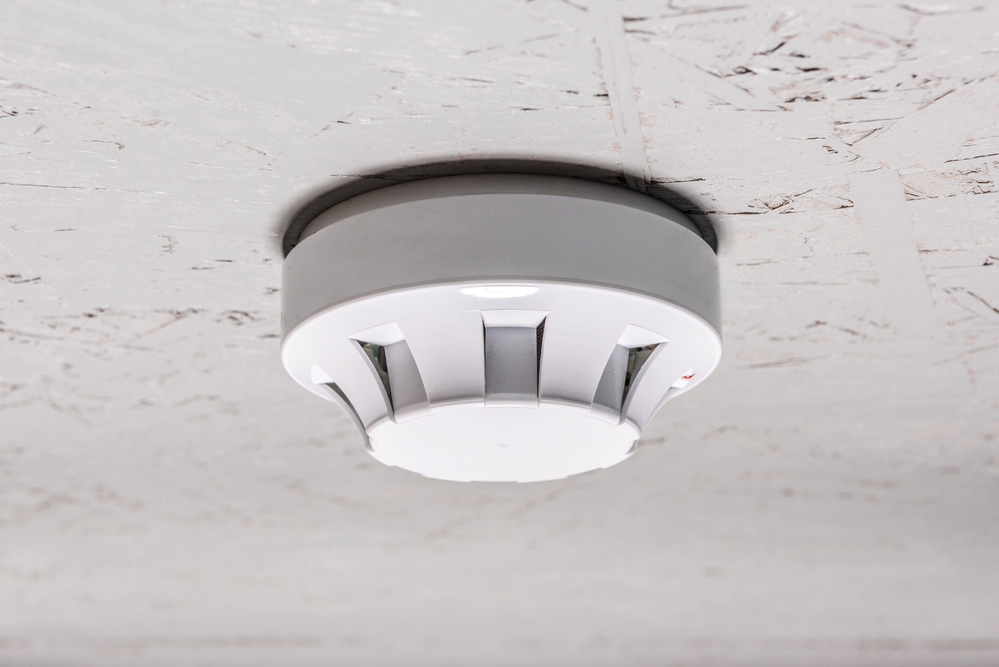
Why is waking watch still required in 2023?
It is a very good question. Waking watch was designed as a temporary measure to support residents of high-rise properties from the threat of fire and flammable cladding following the Grenfell Tower Tragedy in 2017.
But this was 6 years ago now, so why are temporary measures such as waking watch patrols still needed?
Well, the main reason is that the funding that was promised for replacing this cladding by the Government has not been delivered and that far more properties have been discovered to have dangerous cladding than previously thought.

This means that the fire marshals stationed on properties across the nation have now been in place for years in some cases and with no sign of widespread remedial building work being done anytime soon, alternative solutions have been developed to ease the financial pressure on residents.
What is waking watch?
Waking watch is a service that involves fire marshals patrolling a high-rise property in the search for any signs of a fire or fire risks.
The service is designed to facilitate a simultaneous evacuation policy where the entire property is evacuated in the event of a fire alert rather than the stay-put advice that was previously in-place prior to Grenfell.
Professional waking watch officials are highly trained in fire identification and evacuation strategy and the service has proven to be effective, although there are still serious issues about having such a system in place for a prolonged period of time.
The main problem is cost. Waking watch services involve the 24/7 hiring of trained security staff, costing residents and property managers many hundreds of pounds over the year.
What is the alternative?
Besides complete cladding replacement, the only alternative to waking watch is the installation of a common fire alarm.
This is an interlinked system of fire and smoke detectors and alarms installed in each and every room throughout the property that alerts everyone on site in the event of an alert.
A switch to such a system is recommended by the National Fire Chiefs Council (NFCC) as a realistic alternative to waking watch until such time as remedial work can be performed.
In fact, the NFCC goes as far as to say that Waking Watch should only ever be used as an extremely short-term option until a common fire alarm can be installed.
If you are looking to get a common fire alarm system installed to replace and existing waking watch, make sure that you, or the property’s management company, use a security company that offers alarm systems that can easily be converted into a standard alarm system once cladding has been replaced.
Otherwise, you will find yourself in a situation where you need to pay for the removal of the common fire alarm AND the installation of a new one.
This is unnecessary, especially when you consider that the only real difference between the two is that standard fire alarms are independent of each other and only the apartment where the alarm is activated will require full evacuation.